Guide by: Jake Madoff
Co-Founder | Agreeable & Co.
First, let’s define veganism:
“A philosophy and way of living which seeks to exclude—as far as is possible and practicable—all forms of exploitation of, and cruelty to, animals for food, clothing or any other purpose; and by extension, promotes the development and use of animal-free alternatives for the benefit of humans, animals and the environment. In dietary terms it denotes the practice of dispensing with all products derived wholly or partly from animals.” – Leslie J Cross of The Vegan Society
As it specifically relates to one’s diet, this means no meat, fish, eggs, cheese, milk, yogurt, and the list goes on. Some include honey, but I’ll leave that for you to decide whether or not a vegan should eat it.
When I say “health”, I refer mostly to how a vegan diet relates to your biological, physiological and emotional well-being. Yes, your diet impacts your daily mood and how you feel. In the context of this guide, I tried to focus on how a vegan diet benefits your health and well-being, but also how it may alter it. In other words, how a vegan diet, if approached impetuously, can have negative side-effects. I include resources that discuss everything from how cancer and heart disease may relate to your consumption of certain foods, to what vitamins and minerals you should keep an eye on when transitioning to a plant-based diet.
Overall, now that this guide is complete, there’s a lot of good news for those who live a vegetarian and vegan lifestyle. Let me know what you think in the comments below. It should go without saying, every diet is welcome to read and comment!
Everything You Need To Know About
Veganism, A Vegan Diet & How it Relates to Your Health
1. Documentaries & Documentary Short Films
Fortunately, there are quite a few documentaries that discuss the food industry in the United States. Topics of discourse usually range from the morally repugnant side of the factory farming industry and the relatively weak legal infrastructure surrounding dietary standards, to more personal stories that chronicle the lives of people transitioning into a new lifestyle — whether it be vegetarianism or veganism. “Food, Inc.”, as you can probably guess from the title, exposes the profit-maximizing incentives in the food industry. “Forks Over Knives” takes a focused and critical look at the American diet, assessing the various food groups from which we derive our daily nutrients. But the documentary that is perhaps most apt for this guide is “Vegucated”. This documentary follows three people, along a six week journey, that love meat, but try to change to live a more healthy, plant-based lifestyle. It’s raw. It’s funny. It’s though-provoking. It kind of has the feel of “Supersize Me”, but for vegans.
Food Matters (Amazon Prime & Netlix)
Vegucated (Netflix)
FED UP (Netflix)
Food Inc. (Amazon Prime)
Forks Over Knives (Netflix)
A Place At The Table (Amazon Prime)
“Vegan: Everyday Stories” – A Documentary of Personal Stories About Transitioning to A Vegan Diet
By: Northwest VEG
“Becoming Vegan” – A Documentary Short Film That Follows Rachael Lowes’ Experiment of Following a Vegan Diet for 2 Weeks
By: RedWave
“What Is Veganism? + Why You Should Be Vegan.” – A Short Film
By: The Vegan Activist
2. Books
It was rather difficult to find worthwhile books about the relationship between a vegan diet and one’s health and wellness. As a small side-note, I thought this was pretty surprising. Most of the books I came across in my search where vegan cookbooks. The authors perhaps hinted at the health-side of veganism, but didn’t explore it in depth. They were, in fact, cookbooks — and simply provided new and fun vegan recipes, but didn’t explain why those choose certain foods over other options. Nonetheless, I was able to find a handful of books that balanced the health and nutrition side of veganism with the more ‘foodie’ side. Full disclosure, I haven’t read any of these books in full, but read reviews, introductions, and skimmed through what was available via the free preview. Funny enough, the most highly-regarded one seems to be, “Forks Over Knives – The Cookbook: Over 300 Recipes for Plant-Based Eating All Through the Year” by Del Sroufe. So, after you watch “Forks Over Knives” (the documentary), feel free to read the book!
“Vegan Diet For Beginners: 50 Delicious Recipes And Eight Weeks Of Diet Plans” (Vegan and Vegetarian)
By: Jessica Brooks
New York Times Best-Seller, “Forks Over Knives – The Cookbook: Over 300 Recipes for Plant-Based Eating All Through the Year”
By: Del Sroufe
Best-Seller, “21-Day Weight Loss Kickstart: Boost Metabolism, Lower Cholesterol, and Dramatically Improve Your Health”
By: Neal D Barnard
“Healing the Vegan Way: Plant-Based Eating for Optimal Health and Wellness”
By: Mark Reinfeld
New York Times Best-Seller, “The 22-Day Revolution: The Plant-Based Program That Will Transform Your Body, Reset Your Habits, and Change Your Life”
By: Marco Borges
3. Talks & Interviews with Industry Leaders, Reporters, Researches & Nutritionists
I was able to find a hearty selection of talks, lectures and interviews that thoroughly covered the relationship between a vegan diet and health. Four of the below selections are TEDx Talks, either given by licensed dietitians or individuals who have a personal story to tell about how and why they transitioned away from a meat-eating diet and over to a vegetarian or vegan diet. I found “Vegans On Top” to be especially interesting, as Shavit’s take covered the historical and ideological notions behind veganism. If you prefer a more scientific discussion, I recommend the lecture by Dr. Alan Goldhamer. His material is diverse, empirically supported with peer-reviewed studies, and includes a few jokes to lighten the intellectual load. I certainly learned a few factoids that I’ll be taking with me in my daily life.
A Talk by James Wildman, “101 Reasons to Go Vegan”
By: The Animal Rights Foundation of Florida
“Is Veganism Really Healthy?” – A Mini Episode
By: Discovery News
A TEDx Talk: “Plant-Strong & Healthy Living” – TEDxFremont
By: Rip Esselstyn | TEDxFremont (2012)
A TEDx Talk: “Vegans On Top” – TEDxHiriya
By: Ori Shavit | TEDxHiriya (2014)
A TEDx Talk: “Plant-Based Nutrition” – TEDxConejo
By: Julieanna Hever | TEDxConejo (2012)
A TEDx Talk: “A Vegan Bodybuilding Experiment” – TEDxFremont
By: Joshua Knox | TEDxFremont (2012)
An Interview with Peter Singer, Professor of Bioethics – “The Ethics of Food: The Making of a Vegetarian”
By: Voices from Oxford, UK
A Lecture by Dr. Alan Goldhamer of the True North Health Center, “Thriving on a Plant-Based Diet”
By: Compassionate Living
A Lecture by, Brenda Davis (Registered Dietitian) – “Plant-Based Diets”
By: The Vegetarian Society of Hawaii
4. Peer-Reviewed Articles & Research Reports
For those craving the hard science, here you go. The material below will perhaps best answer any of the pressing questions you have about veganism and its relation to health. I made an earnest effort to select an array of peer-reviewed studies that cover everything from how heart disease and various forms of cancer may relate to a meat-eating, vegetarian or vegan diet, to studies that outline how your vitamin levels may change with respect to the diet that you’re on. Overall, I must say, there’s a lot of good news for vegetarians and vegans. Perhaps of all the studies, this one was most impressive to me: Vegetarian, Vegan Diets and Multiple Health Outcomes: a Systematic Review with Meta-analysis of Observational Studies. The article is detailed, comprehensive and answers many of the questions I had when I started this guide.
Risk of Death from Cancer and Ischaemic Heart Disease in Meat and Non-meat Eaters
Objective:
“To investigate the health consequences of a vegetarian diet by examining the 12 year mortality of non-meat eaters and meat eating controls.”
Vegetarian Diets: What Do We Know of Their Effects on Common Chronic Diseases?
Abstract:
“A number of studies have evaluated the health of vegetarians. Others have studied the health effects of foods that are preferred or avoided by vegetarians. The purpose of this review is to look critically at the evidence on the health effects of vegetarian diets and to seek possible explanations where results appear to conflict. There is convincing evidence that vegetarians have lower rates of coronary heart disease, largely explained by low LDL cholesterol, probable lower rates of hypertension and diabetes mellitus, and lower prevalence of obesity. Overall, their cancer rates appear to be moderately lower than others living in the same communities, and life expectancy appears to be greater. However, results for specific cancers are much less convincing and require more study. There is evidence that risk of colorectal cancer is lower in vegetarians and in those who eat less meat; however, results from British vegetarians presently disagree, and this needs explanation. It is probable that using the label “vegetarian” as a dietary category is too broad and that our understanding will be served well by dividing vegetarians into more descriptive subtypes. Although vegetarian diets are healthful and are associated with lower risk of several chronic diseases, different types of vegetarians may not experience the same effects on health.”
Meat or Wheat for The Next Millennium? The Health Benefits of a Vegetarian Diet
Abstract:
“Compared with non-vegetarians, Western vegetarians have a lower mean BMI (by about 1 kg/m2), a lower mean plasma total cholesterol concentration (by about 0.5 mmol/l), and a lower mortality from IHD (by about 25 %). They may also have a lower risk for some other diseases such as constipation, diverticular disease, gallstones and appendicitis. No differences in mortality from common cancers have been established. There is no evidence of adverse effects on mortality. Much more information is needed, particularly on other causes of death, other morbidity including osteoporosis, and long-term health in vegans. The evidence available suggests that widespread adoption of a vegetarian diet could prevent approximately 40 000 deaths from IHD in Britain each year.”
Health Effects of Vegan Diets
Abstract:
“Recently, vegetarian diets have experienced an increase in popularity. A vegetarian diet is associated with many health benefits because of its higher content of fiber, folic acid, vitamins C and E, potassium, magnesium, and many phytochemicals and a fat content that is more unsaturated. Compared with other vegetarian diets, vegan diets tend to contain less saturated fat and cholesterol and more dietary fiber. Vegans tend to be thinner, have lower serum cholesterol, and lower blood pressure, reducing their risk of heart disease. However, eliminating all animal products from the diet increases the risk of certain nutritional deficiencies. Micronutrients of special concern for the vegan include vitamins B-12 and D, calcium, and long-chain n–3 (omega-3) fatty acids. Unless vegans regularly consume foods that are fortified with these nutrients, appropriate supplements should be consumed. In some cases, iron and zinc status of vegans may also be of concern because of the limited bioavailability of these minerals.”
Weight Gain Over 5 Years in 21,966 Meat-eating, Fish-eating, Vegetarian, and Vegan Men and Women
Abstract:
“We investigated changes in weight and body mass index (BMI) over a 5-year period in meat-eating, fish-eating, vegetarian, and vegan men and women in the UK. During 5 years follow-up, the mean annual weight gain in a health-conscious cohort in the UK was approximately 400 g. Small differences in weight gain were observed between meat-eaters, fish-eaters, vegetarians and vegans. Lowest weight gain was seen among those who, during follow-up, had changed to a diet containing fewer animal food.”
Vegetarian Diets and the Incidence of Cancer in a Low-risk Population
Abstract:
“Cancer is the second leading cause of death in the United States. Dietary factors account for at least 30% of all cancers in Western countries. As people do not consume individual foods but rather combinations of them, the assessment of dietary patterns may offer valuable information when determining associations between diet and cancer risk.”
Cancer in British Vegetarians: Updated Analyses of 4,998 Incident Cancers in a Cohort of 32,491 Meat-eaters, 8,612 Fish-eaters, 18,298 Vegetarians, and 2,246 Vegans
Objective:
“The objective was to describe cancer incidence in vegetarians and nonvegetarians in a large sample in the United Kingdom.”
Vegetarian, Vegan Diets and Multiple Health Outcomes: a Systematic Review with Meta-analysis of Observational Studies
Objective:
“Aim of this study was to clarify the association between vegetarian, vegan diets, risk factors for chronic diseases, risk of all-cause mortality, incidence and mortality from cardio-cerebrovascular diseases, total cancer and specific type of cancer (colorectal, breast, prostate and lung), through meta-analysis.”
Nutrient Profiles of Vegetarian and Non-vegetarian Dietary Patterns
Objective:
“Our aim was to compare nutrient intakes between dietary patterns characterized by consumption or exclusion of meat and dairy products.”
5. Blog Articles & News Reports
These news and blog articles dovetail nicely with the above research articles. I tended to avoid including articles that were ‘recipe’ heavy (and there’s a lot of them!), in favor of selecting articles that I felt spoke learnedly and in detail about what vegetarians and vegans should look out for when on a more plant-based diet. In other words, I included articles that discussed both the benefits of plant-based diets, but also the potential weaknesses. Additionally, as you can probably tell from the titles, I wanted to include articles that provide a nice rundown of veganism, in general. The article by Ryan Andrews, All About Plant-Based Diets | A Q&A, is especially useful and interesting. Moreover, Vegan Nutrition Information Basics 101, by Mark Rifkin, is equally helpful and insightful.
5 Essential Micronutrients + How To Get More Of Them
By: Audrey Eaden – of Mind Body Green
Vegan Diet: How to Get the Nutrients You Need
By: Family Doctor
Demystifying Vegan Nutrition
By: International Vegan Association
Vegan Nutrition Information Basics 101
By: Mark Rifkin, MS, RD, LDN – of Happy Cow
Do Vegetarians (Vegans, Lacto Vegetarians, Lacto-ovo Vegetarians) Have to Take Vitamin B12 Supplements?
By: The Vegetarian Resource Group
Veganism in a Nutshell
By: The Vegetarian Resource Group
5 Important Things You Should Know When Going Vego Or Vegan
By: Juliette Steen – of The Huffington Post
You Asked: Is a Vegan Diet Better?
By: Markham Heid – of TIME
All About Plant-Based Diets | A Q&A
By: Ryan Andrews – of Precision Nutrition
Hey people! My name is Jake. I’m the Co-Founder of Agreeable & Co. I’m an Environmentalist, Social Entrepreneur, Writer and Developer. Besides making people- and planet-friendly products more accessible through Agreeable & Co., I run an online research guide for sustainable, ethical, and healthy products, called Greener Square (which is slowly transitioning to Agreeable & Co.); and helped to start an award-winning trade and barter app, called TradeMade, that measures and tracks one’s carbon footprint. I also recently graduated from New York University, where I studied corporate sustainability, environmental ethics, and ecological science. In a word, conscious consumption and overall healthy, low-impact living is my jam. I also like jam.
Have a question? I’ll answer.
New & trending kits.
Hippie Soulstice: Everyday Eco Ethical Fashion, Handmade w/ Upcycled Fabrics
How To Save Money, While Reducing Paper Waste in Your Kitchen #ZeroWasteKitchen
How to Be Green & Energy Efficient at Home, Using New Modern Tech
Minimalist Eco Ethical Clothing: Jackets, Tops, Shoes & More, in Black
5 Top Reviewed, Best Apps for Stopping, Combating Climate Change
How to Reduce Your Carbon Footprint: 5 Best Green Tech Essentials
vegan diet
vegan diet. vegan diet. vegan diet. A guide with everything you need to know about how a vegan diet & vegan food relates to your health and well-being. Is a vegan diet healthy for you? vegan diet. vegan diet. vegan diet.
Get on the list.


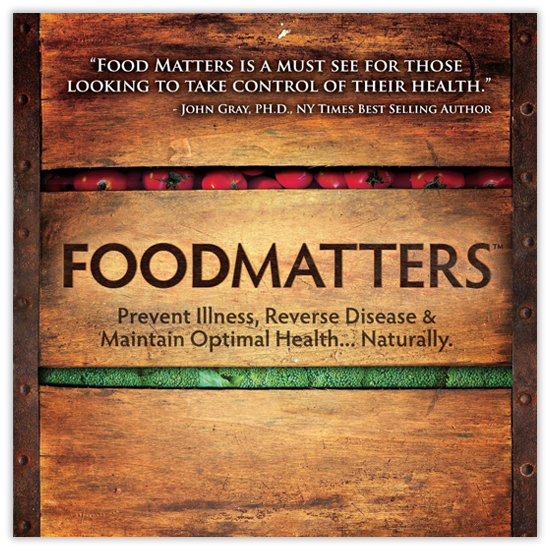
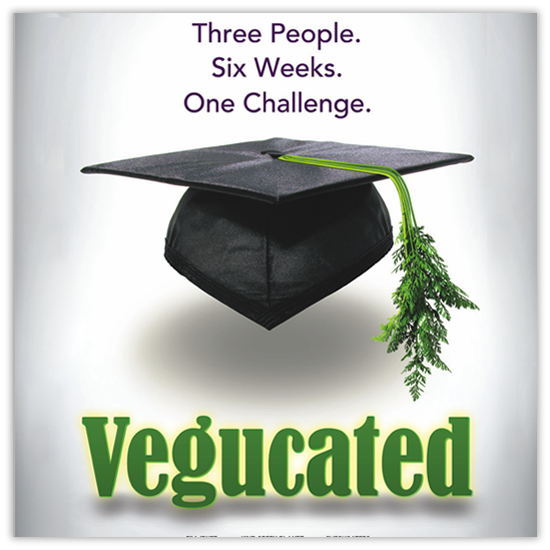
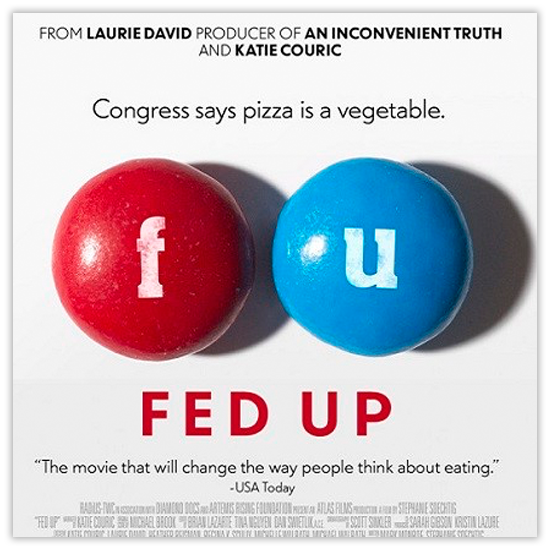
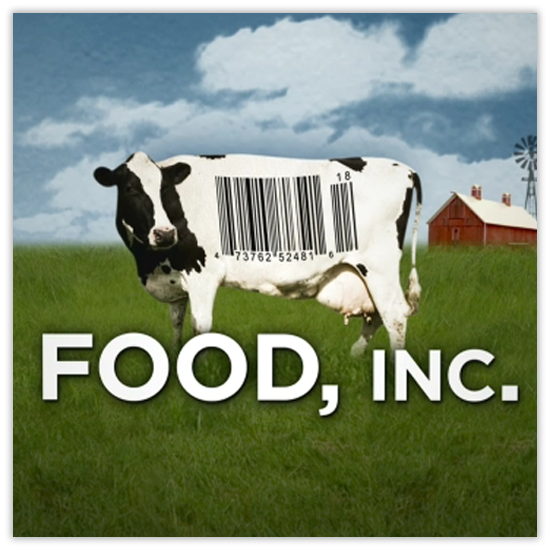
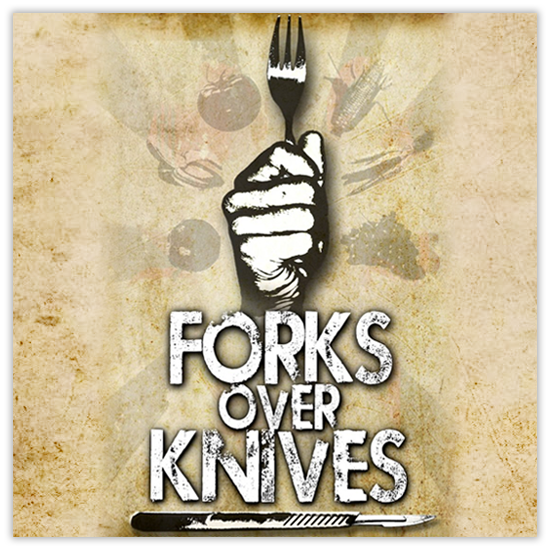

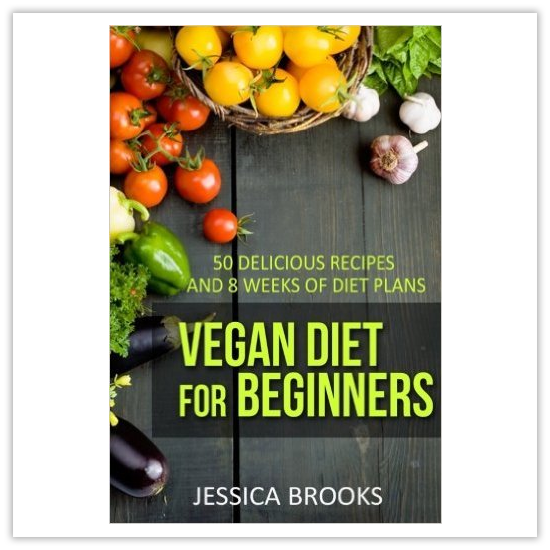
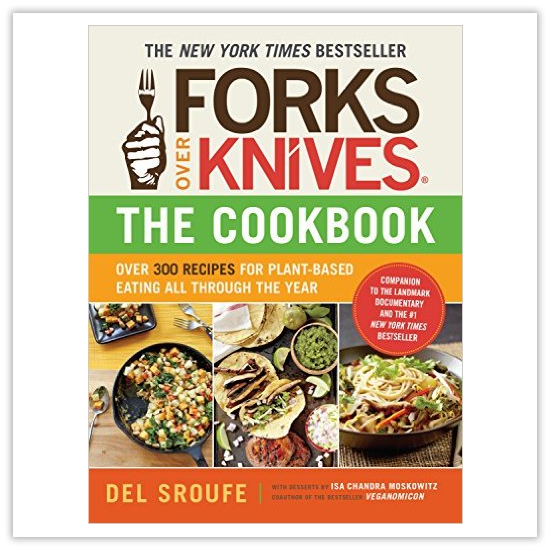
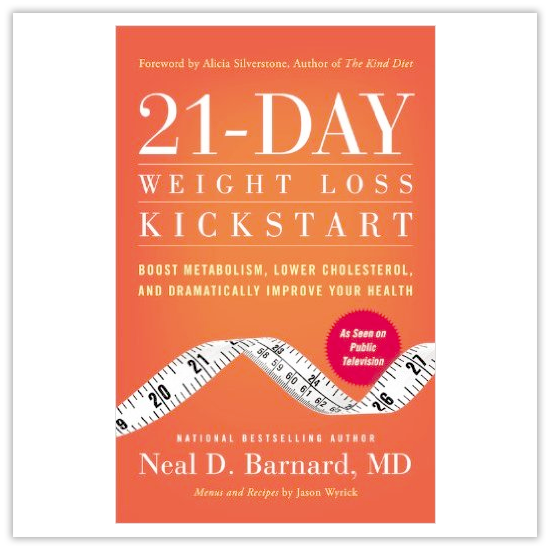
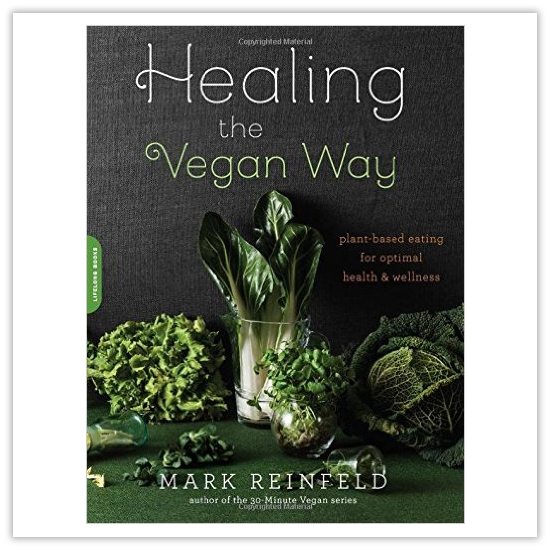
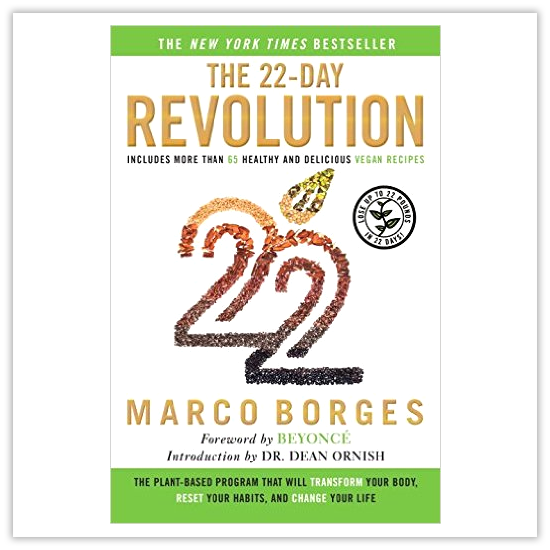

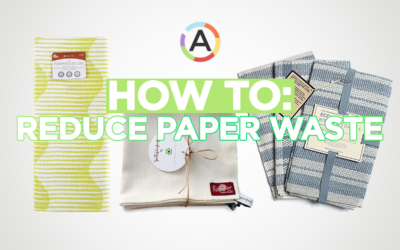

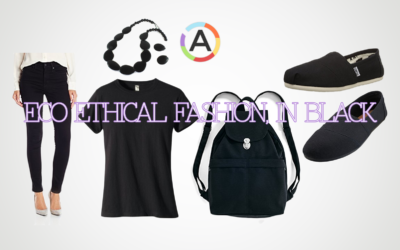
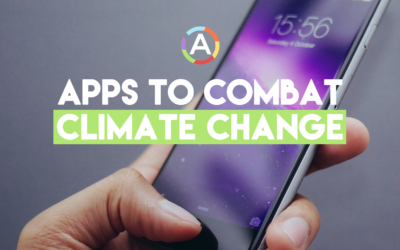
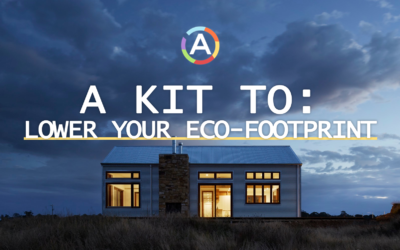

0 Comments